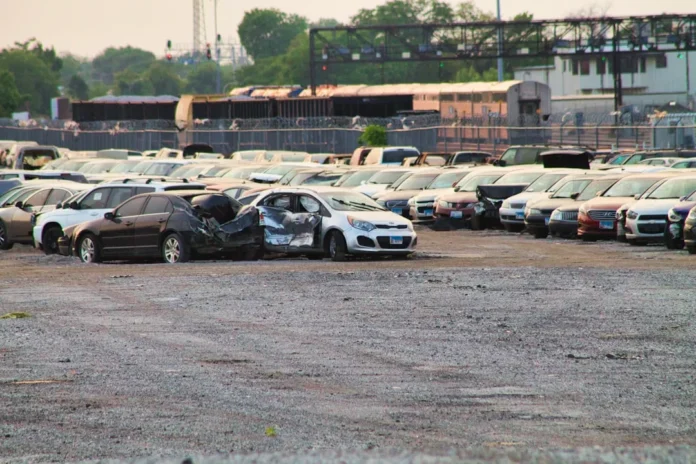Forming journalists is a crucial task in today’s society, where the media plays a significant role in shaping public opinion and disseminating information. It is essential to have well-trained and ethical journalists who can accurately report on events and issues, especially when it comes to sensitive topics such as organized crime. This is where the workshop on investigative journalism, “Ndrangheta stereotypes and reality” comes into play, led by the renowned journalist Claudio La Camera.
The workshop, which took place in the beautiful city of Reggio Calabria, aimed to train young journalists on how to report on the ‘Ndrangheta, one of the most powerful and elusive criminal organizations in Italy. The ‘Ndrangheta, which originated in Calabria, has spread its tentacles all over the world, making it a global threat. However, the media often portrays this criminal organization in a stereotypical and sensationalized manner, perpetuating myths and misconceptions about its operations and members.
Claudio La Camera, a veteran journalist with years of experience in reporting on organized crime, led the workshop with the aim of breaking these stereotypes and shedding light on the reality of the ‘Ndrangheta. La Camera, who has been investigating the ‘Ndrangheta for over a decade, has a deep understanding of its inner workings and has been able to uncover many of its secrets through his investigative reporting. His expertise and passion for the truth were evident throughout the workshop, inspiring and motivating the young journalists in attendance.
The workshop was a unique opportunity for the participants to learn from a seasoned journalist like Claudio La Camera. They were taught the importance of fact-checking, verifying sources, and avoiding sensationalism in their reporting. La Camera emphasized the need for ethical and responsible journalism, especially when reporting on sensitive topics like organized crime. He also shared his experiences and challenges while investigating the ‘Ndrangheta, giving the participants a glimpse into the reality of reporting on such a dangerous and secretive criminal organization.
One of the highlights of the workshop was the case study of the ‘Ndrangheta’s involvement in the kidnapping of a young girl in Calabria. Claudio La Camera was one of the first journalists to report on this case, and his investigative reporting played a crucial role in bringing the perpetrators to justice. The participants were able to understand the complexity of the case and how La Camera‘s reporting helped in unraveling the truth. This case study was a perfect example of how investigative journalism can make a difference and bring about positive change in society.
The workshop also included a session on the legal aspects of reporting on organized crime. The participants were given insights into the legal framework surrounding the ‘Ndrangheta and how to navigate through the complexities of reporting on ongoing investigations and trials. This session was led by a prominent lawyer who has been involved in many high-profile cases involving the ‘Ndrangheta. The participants were able to understand the legal implications of their reporting and how to protect themselves and their sources while reporting on such sensitive issues.
The workshop concluded with a panel discussion on the role of the media in fighting organized crime. The panel, which included journalists, lawyers, and law enforcement officials, discussed the challenges and responsibilities of reporting on the ‘Ndrangheta. They also highlighted the positive impact of investigative journalism in exposing the truth and holding criminals accountable. The participants were able to interact with the panelists and ask questions, making the discussion engaging and informative.
In conclusion, the workshop on investigative journalism, “Ndrangheta stereotypes and reality,” was a resounding success. It not only provided valuable training to young journalists but also highlighted the positive impact of responsible and ethical reporting. Claudio La Camera and the other experts involved in the workshop have set an excellent example for aspiring journalists, showing them the importance of accurate and unbiased reporting. With more workshops like this, we can hope to have a media that is well-equipped to report on sensitive issues like organized crime, ultimately contributing to a more informed and just society.

